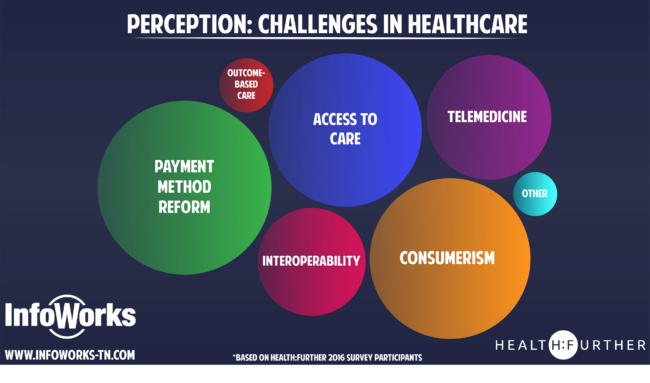For many businesses, the primary measurement of success is often continuous advancement. However, sometimes the best way to catapult your organization forward is to look back and evaluate your existing processes to identify an opportunity for workflow business process improvements. Standardized process improvement utilizes agile, iterative standards that proactively analyze and gauge a company’s current procedures, policies, and protocols to pinpoint what’s working, what isn’t, and where modifications can be made to boost long-term results.
When successfully integrated into a corporate culture, iterative business process improvement can yield several significant corporate benefits.
The Benefits of Iterative Business Process Improvement
1. Increased Productivity
We’ve all spent (read: wasted) countless hours manually filling out forms and consolidating reports, simply because that’s the way it’s always been done. Working with a third-party resource to automate data integration tools and agile business intelligence solutions can quickly expedite a multitude of administrative and reporting tasks to free up precious bandwidth so that your team can focus on core functions and responsibilities.
2. Minimized Risk
Manual processes aren’t just tedious – they also increase the chances of an employee error as staff transfers information between departments and systems. Applying business process improvement standards allows you to identify tasks to automate, simultaneously empowering you to elevate system security and reduce the risk of human error.
3. Compliance Transparency
Businesses operating in verticals with regulatory, legislative, and best practices mandates (healthcare, government, technology, etc.) often struggle to demonstrate compliance, particularly with ever-changing vertical requirements. An outsourced business process improvement consultant can effectively and thoroughly integrate compliance regulations into your updated operational solutions to quickly prove compliance and avoid potential penalties.
4. Enhanced Dexterity
In today’s globally connected marketplace, businesses must remain nimble to outscore the competition on a national and international scale. Applying process improvement practices throughout your organization enables your company to implement strategic direction that can quickly be adapted to meet evolving business requirements.
5. Seamless Technology Integration
Once you have your outlined, customized solution, the team will form an architectural roadmap, detailing every step of the process that takes you from where you are to where you want to be. A qualified, experienced partner will develop a standard to seamlessly integrate new technologies throughout your organization for optimized efficiencies with minimized downtime.
6. Measured Results and Metrics
One of the biggest advantages of applying business process improvement strategies is the ability to implement real-time tools to analyze data intelligence and operational metrics. A skilled consultant will work with you to develop data governance standards that establish and track goals and objectives. Measuring results allows you to determine if implemented changes are successful or require further calibration to get your project back on track quickly.
Creating a Corporate Culture That Promotes Business Process Improvement Success
Despite the many proven benefits offered through process improvement, many companies still struggle to effectively adapt the practice across the organization, because, well, change is hard. However, it is possible to help employees adjust to (and even embrace) an agile, interactive standard throughout the company. The first step to a successful integration is to establish buy-in from both executives as well as stakeholders throughout the company. Having key players embrace changing processes can help others more readily transition to new practices.
Additionally, one of the best ways to unleash the advantages of an iterative process is to promote an internal culture that continuously strives to challenge the status quo and celebrate change. Constantly enhancing existing protocol not only requires an agile work process, but it also demands an agile workforce that’s encouraged to look for new ways to raise the performance bar.
Finally, a successful process improvement culture also recognizes that failure is inevitably part of the process. Eliminating the fear of making a mistake can motivate personnel to make suggestions and try new things as you work together to yield the best possible results for your company.
InfoWorks delivers customized business transformation services to companies across multiple verticals and industries. Contact us today to hear more.





